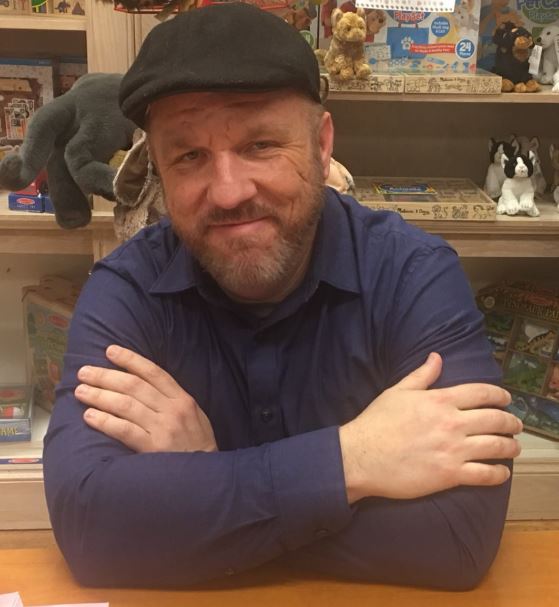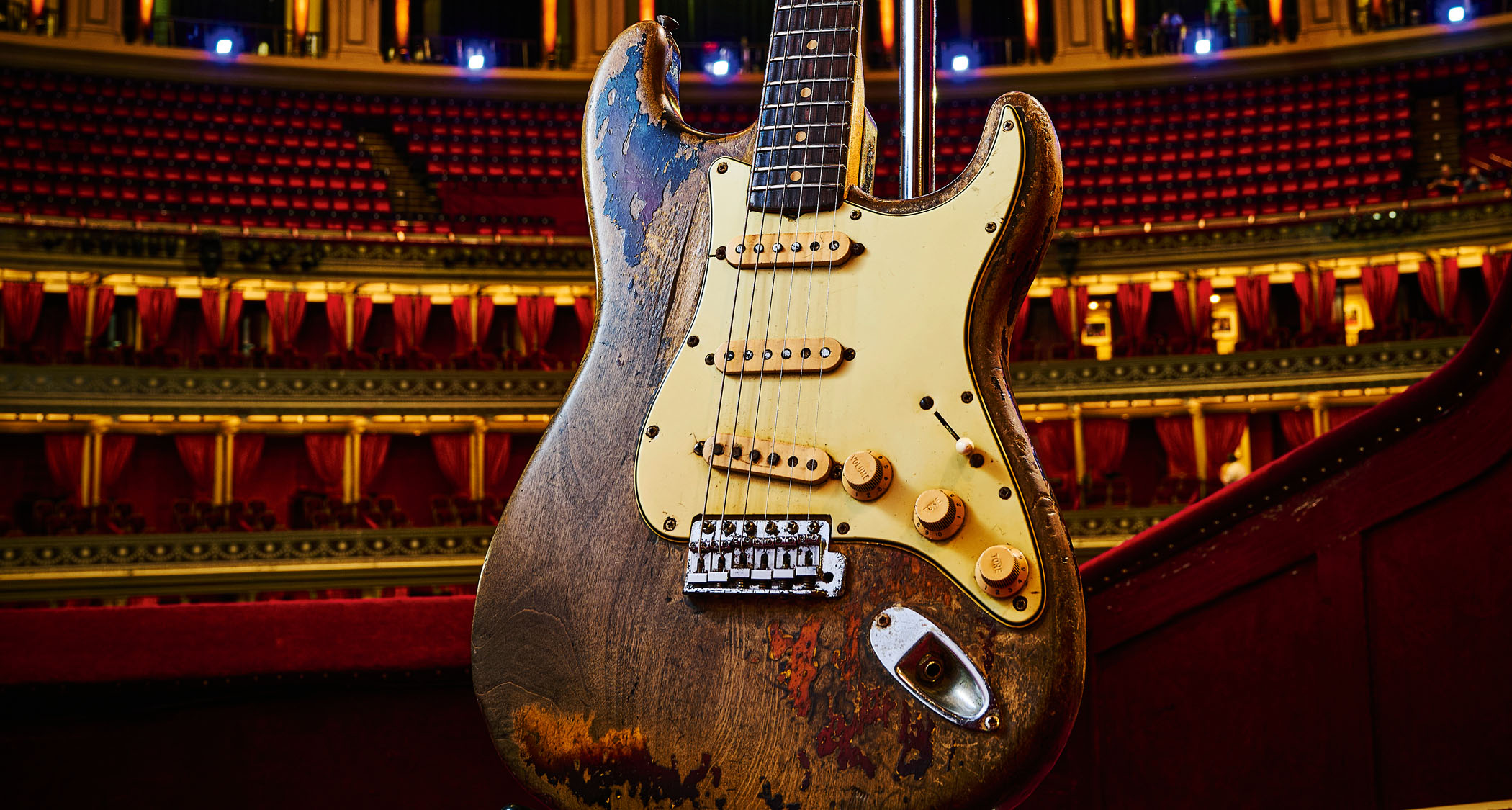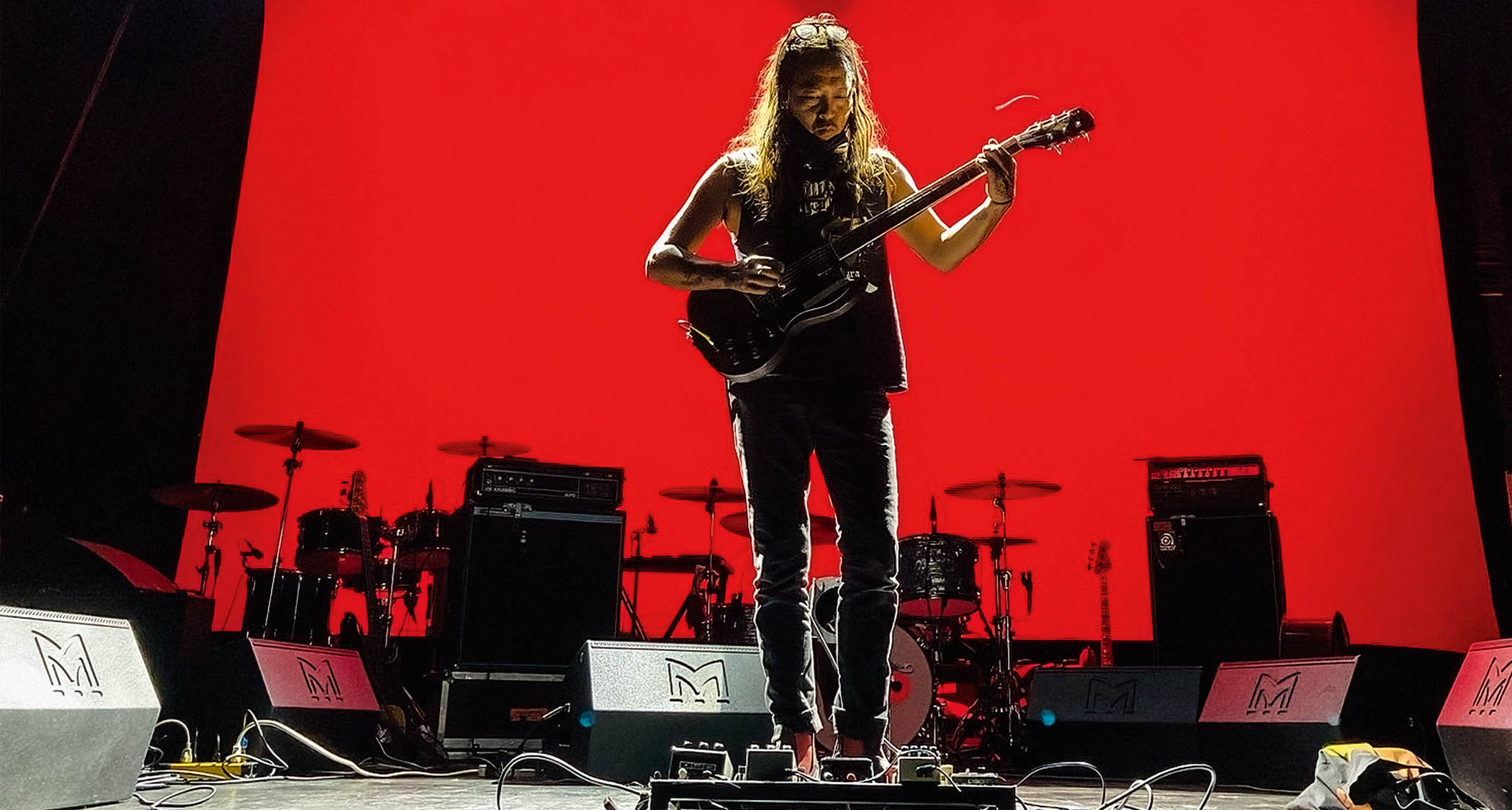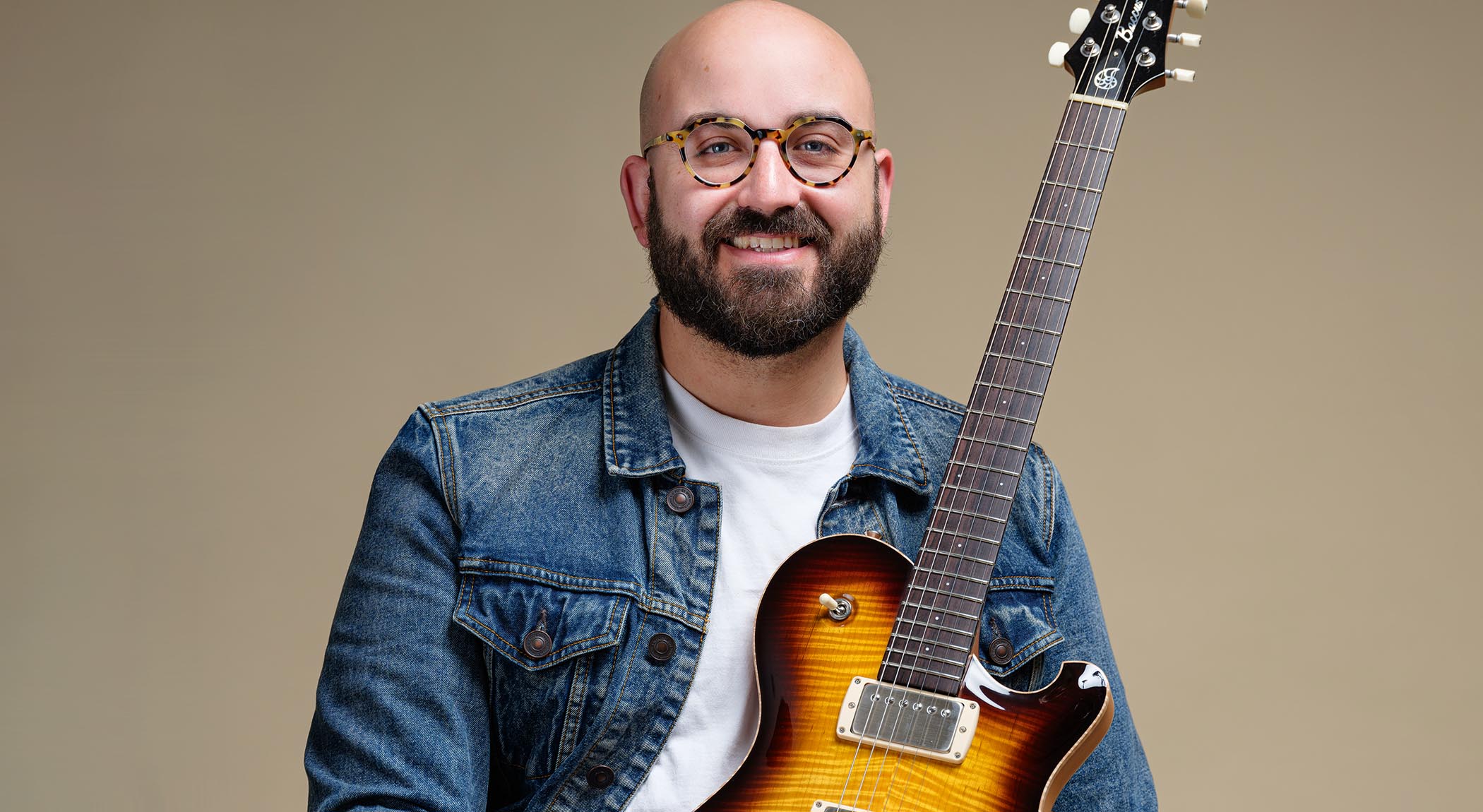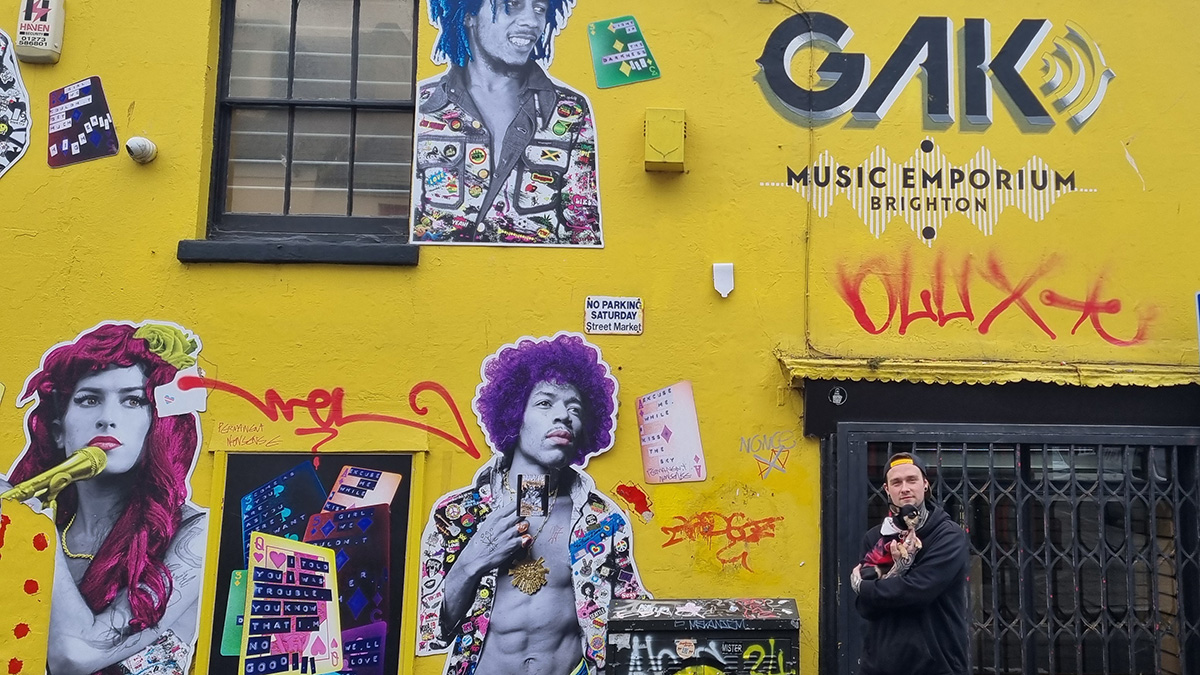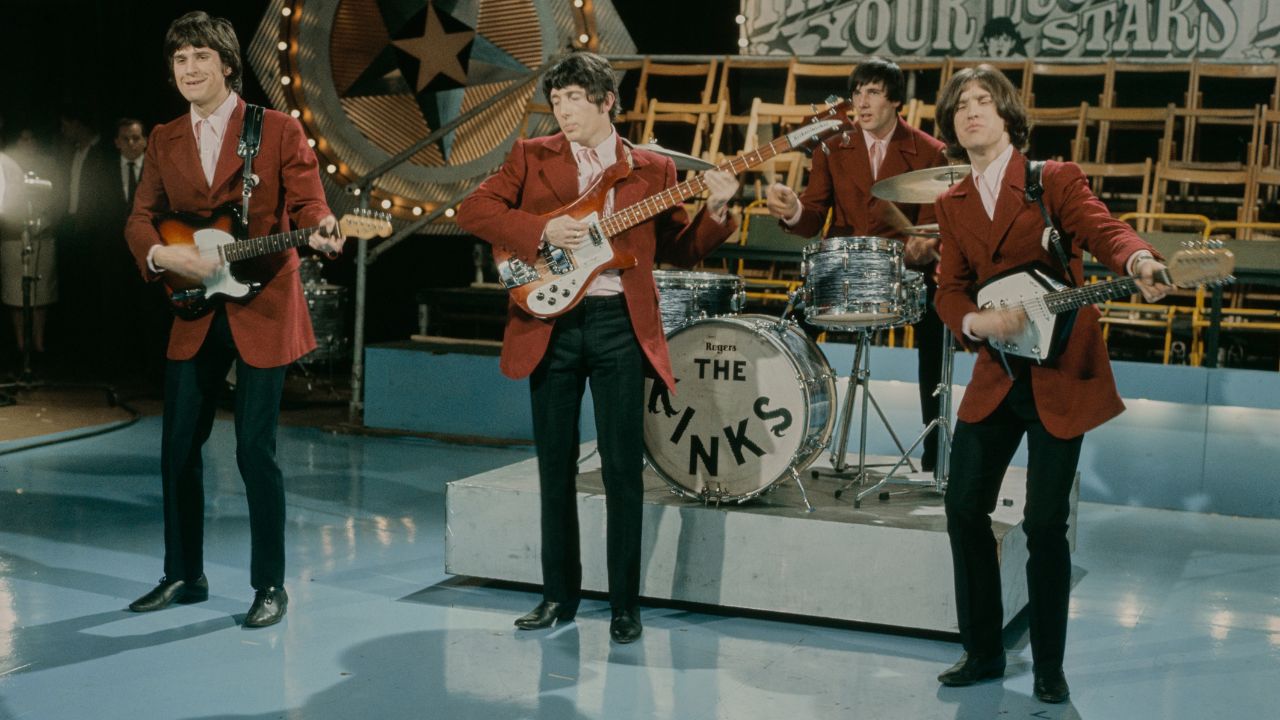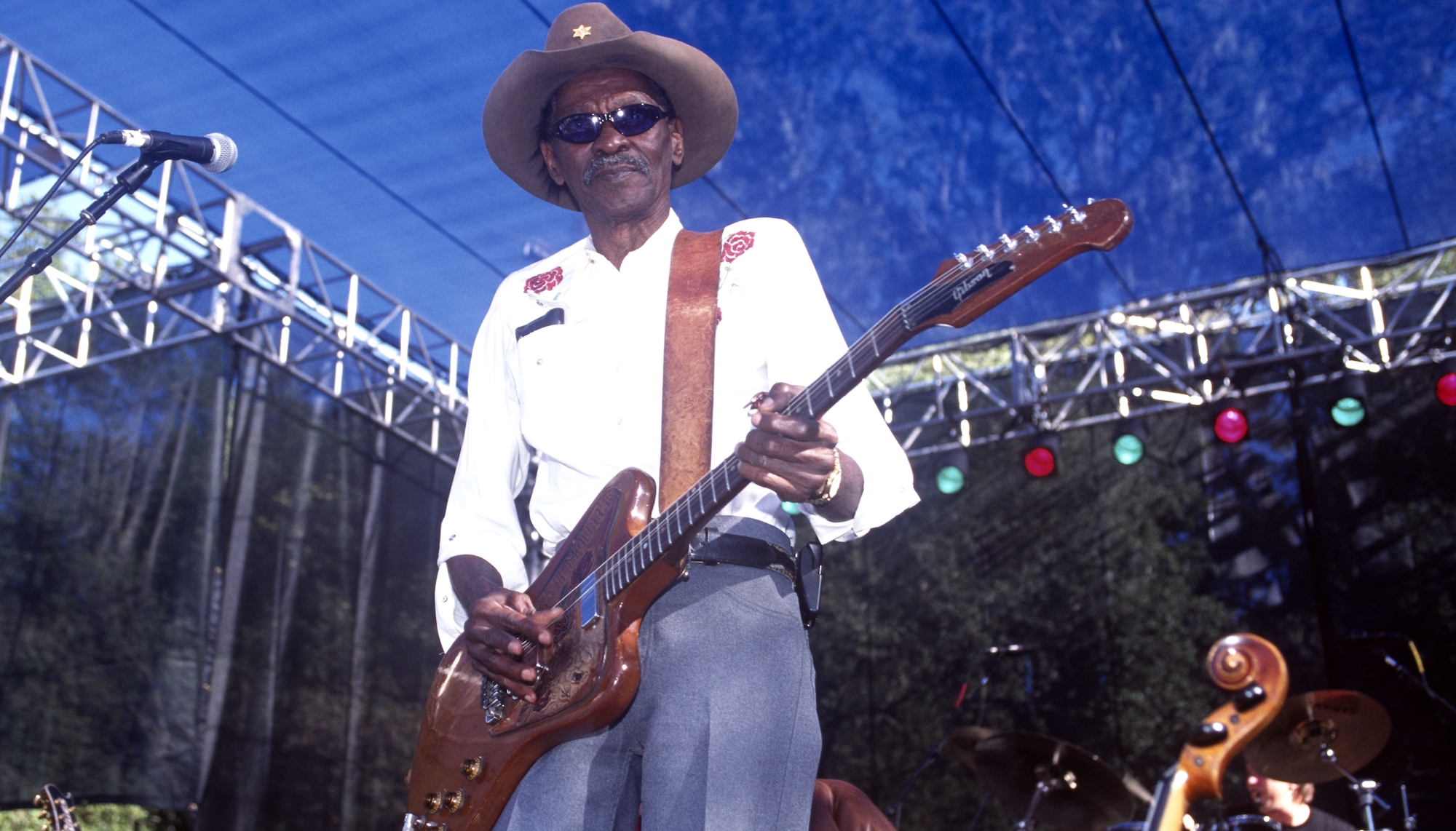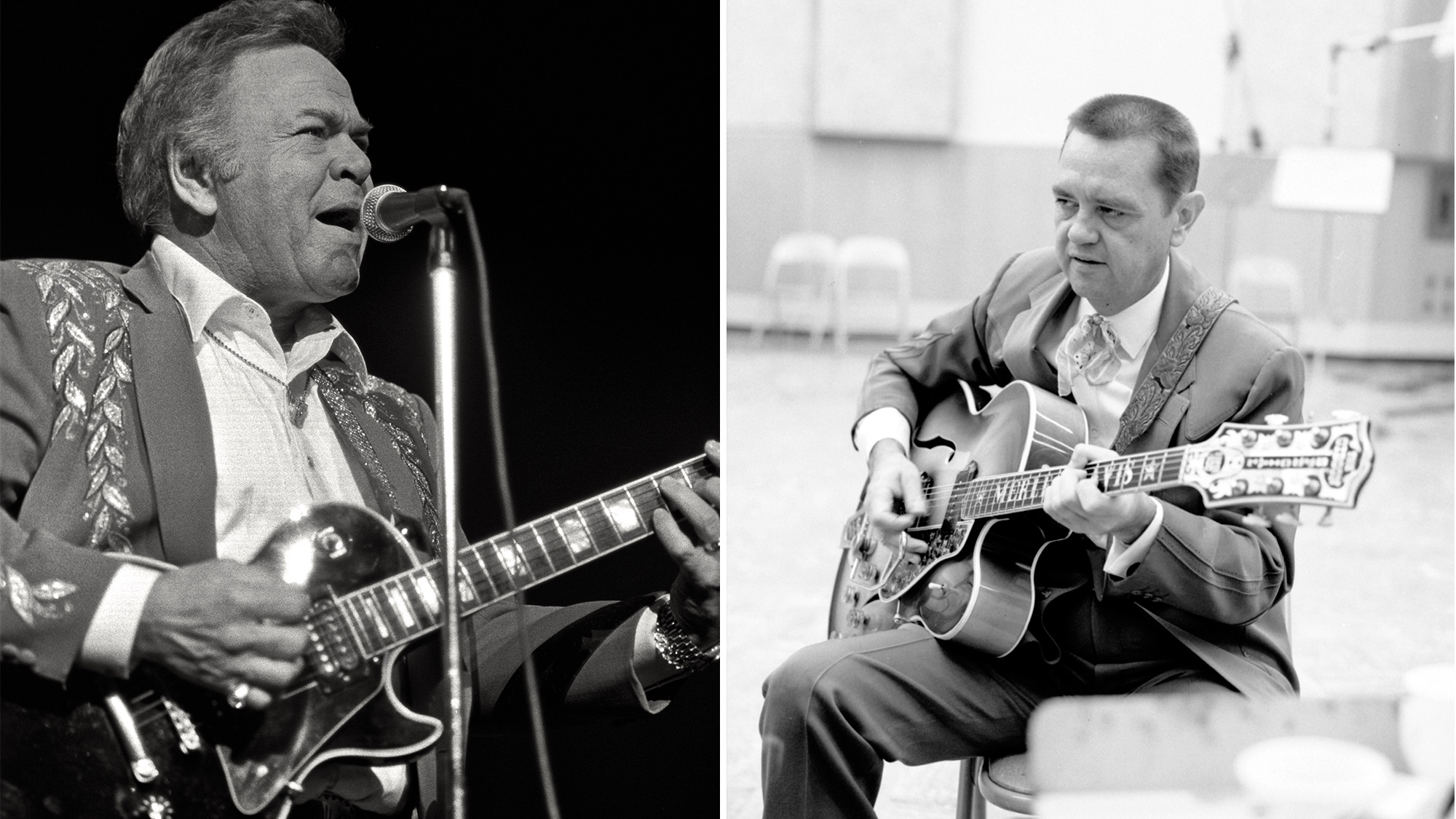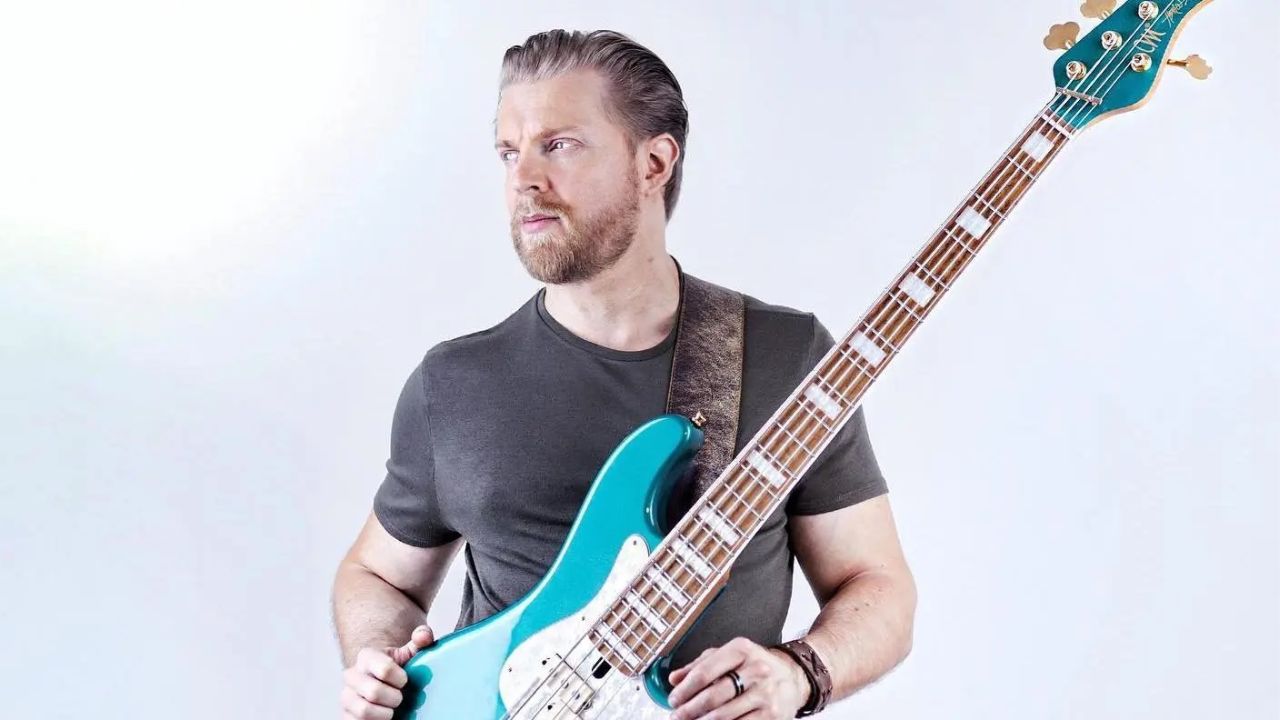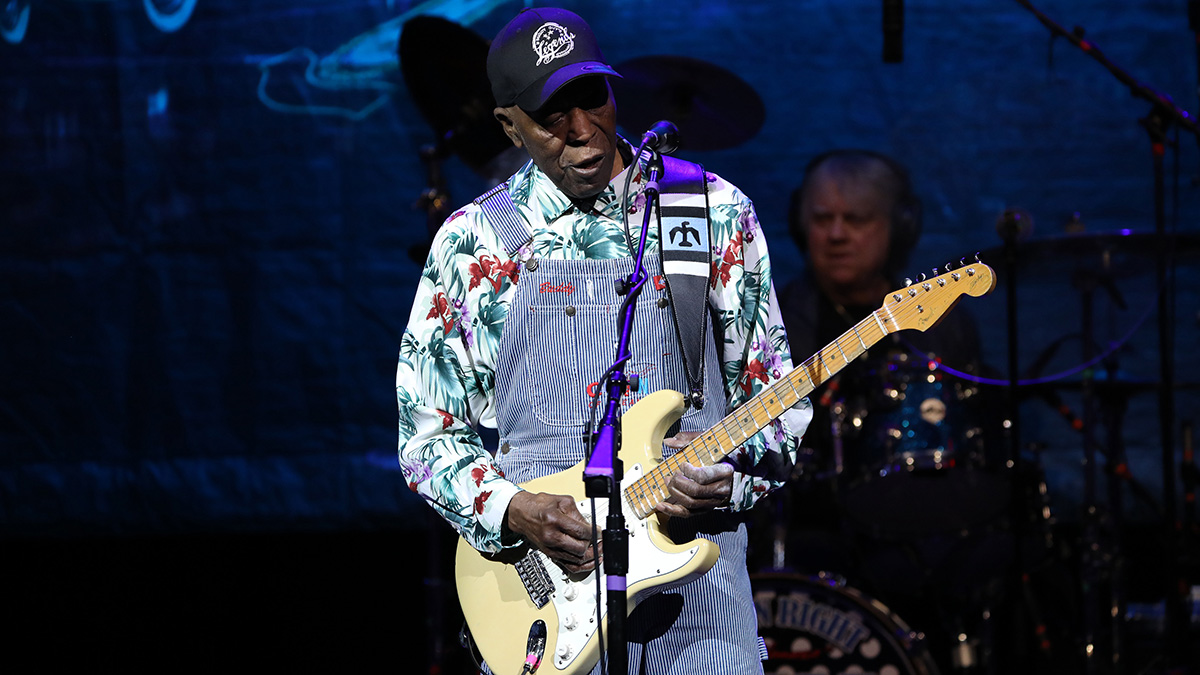Neal Schon Talks Journey, Santana, Gear and "Surreal" Career Highlights
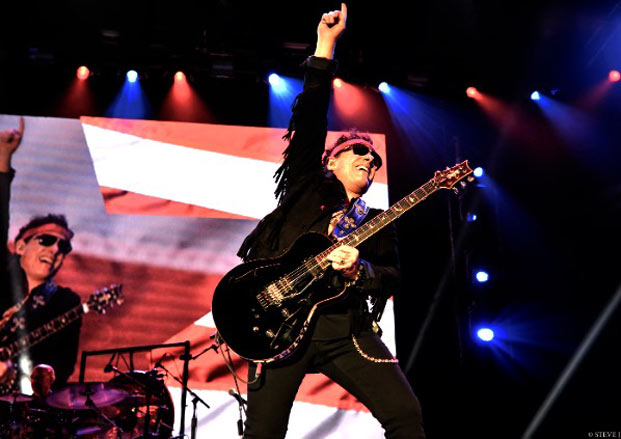
It’s been another top-notch year for guitarist Neal Schon.
Besides the fact that Journey—which includes Schon, Ross Valory (bass), Jonathan Cain (keyboards), Steve Smith (drums) and Arnel Pineda (vocals)—celebrated another season of non-stop touring, Schon also reunited with Carlos Santana to record Santana IV. The album marked the first time Santana's classic lineup has worked together in more than 40 years.
We recently spoke to Schon about touring with Journey, reuniting with Santana, the 35th anniversary of Journey's Escape, gear and some incredible career highlights.
What’s it like to still be performing at this high level with Journey after so many years?
It’s been an amazing ride, and I think it’s all due to a lot of hard work. When we decided to rebuild almost two decades ago, it was a long ride up the hill. Those first eight years were a lot of work, and in many ways it was like paying our dues all over again. We’re grateful to everyone who put in so much time rebuilding, and we still have much more to experiment with musically.
What does the band have planned for next year?
We’ve been playing the greatest hits for a while and know we have to play those songs in order to make fans happy. But our die-hard fans want to hear different material, and we have tons of it. So that’s what’s about to come next year. We’ll be playing our first shows in the Orient where we’ve been asked to play Escape and Frontiers in their entirety. I think it will be fun for everyone to get reconnected with those records. Some of those songs, like “Frontiers,” we’ve never played live. We actually went through it at a sound check recently and it sounded amazing. I’m excited about doing it.
Get The Pick Newsletter
All the latest guitar news, interviews, lessons, reviews, deals and more, direct to your inbox!
What was it like getting back together with Carlos and the gang for Santana IV?
For me, it was a lifelong dream. Everyone had their own hangups at the time we disbanded, and a lot of us didn’t leave on the right note. I remember when we first got together to test out the idea, we had about eight days of rehearsal and jamming and it was just amazing. Gregg [Rolie], Carlos and I brought in songs, and we went at it in a very organic way and laid it all down. I feel so proud of this record and it's very gratifying to have helped pull all of these guys back together.
This year also marked the 35th anniversary of Journey’s Escape, an album that saw the departure of Gregg Rolie and the arrival of Jonathan Cain. What was the chemistry like in the band at that point?
Honestly, it was great. Even before we did Escape, we were already at a height, when we put out the Captured. By that point, Gregg had enough of being on tour and wanted to start a family. At the time, the Babys were opening for us. They were a solid unit and I loved [John] Waite’s vocals. I was checking out Jonathan [Cain] and felt that he was such a great player, and I also liked the fact that he strapped on a rhythm guitar and played once in a while. So when Gregg was going to leave I asked him what he thought about Jonathan taking his place. Gregg thought it was a great choice and everyone else in the band agreed. We continued to evolve and even went into some new areas I had never been in before.
What can you tell me about the origin of “Don’t Stop Believin’”?
Jon, Steve [Perry] and I had been tossing around the ball in my old studio in Oakland when Jon brought in the chords. He had “Don’t Stop Believin’,” the bass line and the chorus it starts with. As we were looking for different sections, I came up with the B section and the locomotive guitar riff. There was some hesitation about it, and I even remember record execs coming up and saying we should edit it out. But the cool thing about our contract that Herb Herbert [manager] had in place was that we had complete artistic control of everything. So we didn’t allow the A&R guys to come in and chop and edit. We left it in, and it became a very famous part of the song.
What’s your live gear setup like these days?
It’s evolving and really depends on the gig. If it’s a straightforward blues gig, I’d probably have a little Fender Deluxe and hit it in front with a wah and overdrive pedal, like I did in the early days of Journey. For the big shows, I’m using a Fractal and an original 100-watt Blackstar head I got years ago when they first came out. I use one 4x12 with the head with three channels [clean, crunch and overdrive] programmed into the Fractal board. That’s pretty much it.
We all know you’re a big PRS Guitars supporter, but a lot of fans still remember the Schon guitar.
It’s funny you mention that because I recently spoke with Paul [Reed Smith]. We’ve been friends for years and I love working with him, and he also lets me design. I love the 15-inch semi-acoustic guitar that I play all the time, but I thought it could use some updates on the top side. So Paul sent me over some plans to draw on and I took a bit of the “15” body out of the top side, made the lines a little bit straighter and then put in a bit of the Schon guitar body resemblance. I also made the holes a bit smaller in width to make it a little more streamlined. It’s got a really distinctive look to it. So we’re working on that. I also have a “13” solid body that’s coming out very soon as well as a “14” semi-hollow that has only one f-hole.
There have been a lot of rumors circulating lately, so I have to ask: Do you have any plans to work with Steve Perry in the future?
There are no plans and there haven’t been any since we’ve moved on. It’s all just rumors. What I do know is that we made some timeless music together and I’m very grateful for that. He’s tremendously talented and a great songwriter. I miss writing with him but I can’t imagine him ever jumping in with us.
What are you working on at the moment?
There’s always new music with me. My last record was the double record, Vortex, that I did with Steve Smith, Igor Len and Jan Hammer. I’m really proud of that record. I have some new tracks recorded and the plan is to add more to Vortex and then re-issue it. I also have other things that are already pre-recorded, including some really outside-the-box guitar stuff I’m working on. It’s all improvised and very experimental.
Are there any career highlights that stick out to you as most memorable?
There are many more than one. I remember when Eric Clapton asked me to come join him at Berkley Community Theater with Derek and the Dominos. What an honor that was for me. Eric was the guy whose band [Cream] really taught me how to open up and improvise with the Wheels of Fire record. Afterwards, he tried to talk me into moving to England, but I decided to go with Santana. Then after I joined Santana and we did the Santana III record, I played my first show in London at the Hammersmith Odeon. The show was sold out, and Clapton, Jimmy Page and Jeff Beck were all in the audience. I remember every chance I had to solo I was ripping with great pride from everything I had learned from those guys, knowing they were watching. That was a surreal moment. I also have so many great Journey moments as well as working on other projects. I’ve been blessed to play with so many great people.
Last question: Is it true that your wife, Michaele, has been with you at every Journey show?
Yes. She’s toured with me constantly for six years and hasn’t missed one show. She’s been tremendous support and is one of the reasons I feel I’m doing so well. I’m completely blessed that she’s in my life. I feel so much younger than I am—and there’s a still a lot left in me.
James Wood is a writer, musician and self-proclaimed metalhead who maintains his own website, GoJimmyGo.net. His articles and interviews are written on a variety of topics with passion and humor. You can follow him on Twitter @JimEWood.
James is a guitarist and freelance writer who's interviewed some of the biggest names in music. He is the author of four books and his writing credits include work for Guitar World, AXS and Yahoo! as well as for his hometown newspaper where he writes on a variety of topics with both passion and humor. As a guitarist, he's performed everywhere from local bars and nightclubs to some of the biggest stages in front of thousands of music fans.
“Stevie came to my 5th birthday and gave me a pawnshop Harmony. It didn’t have a gig bag, it had two paper grocery bags on either end”: Tyrone Vaughan descends from blues greatness – and SRV helped him start his guitar journey early
“Live right up to the last breath and stay positive about the world, your family and the environment you live in”: Mike Peters, frontman of the Welsh band, The Alarm, has died aged 66
